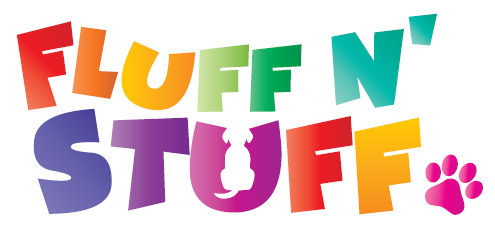Puppy chewing, often perceived as a mere nuisance, is in fact a pivotal aspect of a puppy's early life. This article delves into the multifaceted nature of puppy chewing, shedding light on its critical role in a puppy's development. While it's common for new pet owners to feel overwhelmed by their furry friend's seemingly relentless need to chew, understanding the underlying reasons and developmental importance of this behavior is key. It's not just about keeping your shoes safe; it's about comprehending and nurturing a natural, essential stage in your puppy's life. By doing so, we can enhance the bond between pet and owner, fostering a deeper understanding and a more harmonious coexistence.
Developmental Stages and Chewing
During their early months, puppies undergo significant developmental changes, and chewing plays a crucial role in this journey. Initially, puppies chew to explore their surroundings, a way to understand and interact with their environment. As they progress into the teething phase, usually around 3 to 6 months of age, the act of chewing takes on a new purpose. This period can be uncomfortable for puppies, as their baby teeth give way to adult teeth. Chewing helps alleviate the discomfort associated with teething, offering a natural form of relief. It's also during this stage that puppies learn the strength of their bite and begin to understand the limits of their new teeth. Providing suitable chew toys during these stages not only helps in managing their chewing behavior but also aids in their overall dental development. Understanding these stages is key to ensuring that your puppy's chewing is both beneficial and appropriate, setting the foundation for healthy, lifelong habits.
For teething puppies, we recommend the Cooling, Fillable & Freezable Teether & Chew Toy. To use, simply fill with water and freeze. Once frozen, offer this innovative chew toy to your puppy! It's a mess-free solution that provides soothing relief for their gums, making it an ideal choice during their teething phase. This toy is designed to be both fun and functional, easing the discomfort of teething while engaging your puppy in a healthy chewing activity!
Psychology Behind Chewing
The act of chewing in puppies is deeply rooted in their psychology and serves as more than just a physical activity. It's a vital part of their exploration and understanding of the world. Puppies use their mouths much like human babies use their hands, to touch, feel, and learn about different objects. This exploratory behavior is crucial for their mental development. Furthermore, chewing provides a sense of comfort and stress relief. It can be a coping mechanism for anxiety or boredom, particularly when puppies are left alone. Understanding these psychological motivations is crucial in effectively managing and directing their chewing habits. By acknowledging the mental benefits of chewing, pet owners can create a more stimulating and enriching environment for their puppies. This approach not only addresses the immediate behavior but also contributes to the overall well-being and mental health of the growing puppy.
Preventing Inappropriate Chewing
Preventing inappropriate chewing is a key aspect of puppy training. It's not about merely stopping a behavior, but about redirecting it towards suitable alternatives. Establishing what is acceptable for chewing and what isn’t from a young age is crucial. This involves consistent training, supervision, and providing a variety of appropriate chew toys. Puppies often chew on things they shouldn’t out of boredom or lack of alternatives, so keeping them engaged with the right toys is essential. Introduce chew toys that are appealing and safe, and regularly rotate them to maintain interest. Positive reinforcement techniques, like praising your puppy when they choose the correct item to chew, can be highly effective. This approach not only protects your belongings but also ensures the safety and well-being of your puppy, preventing them from chewing on potentially harmful objects.
In wrapping up, the importance of understanding and effectively managing your puppy's chewing behavior cannot be overstated. It's a crucial component in your puppy's developmental journey, influencing both their physical and mental well-being. This article has highlighted the developmental, psychological, and training aspects of chewing, providing a comprehensive view of why puppies chew and how to guide this behavior positively. By applying the strategies and insights discussed, pet owners can foster a nurturing environment that not only mitigates inappropriate chewing but also enhances the bond between them and their puppies. Remember, the goal is to guide and nurture, not just to restrict or punish. Encouraging proper chewing habits lays the foundation for a well-adjusted, happy puppy, and a more harmonious home. With patience, understanding, and the right approach, managing your puppy's chewing behavior can be a rewarding and enriching experience for both you and your furry friend.

